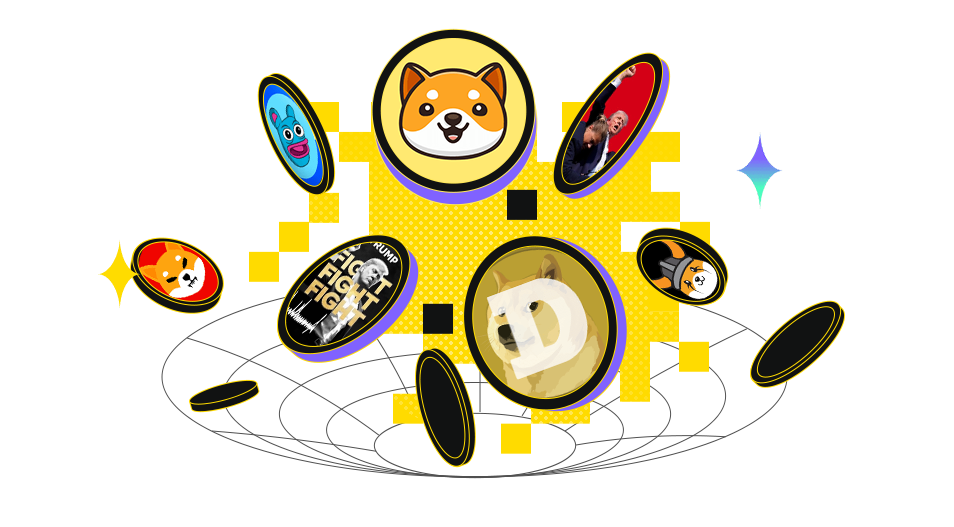"Exploring potential impacts of this case on future NFT intellectual property rights and protections."
Analyzing the Bored Ape Yacht Club NFT Intellectual Property Dispute: Setting Precedents for Future Cases
The Bored Ape Yacht Club (BAYC) NFT collection, created by Yuga Labs, has become a focal point in the evolving landscape of non-fungible tokens (NFTs). The recent legal dispute between Yuga Labs and influencer Jeremy Cahen over unauthorized use of BAYC NFTs has sparked discussions about intellectual property rights in the digital realm. This case is not just about two parties; it has broader implications that could shape future NFT-related disputes.
Legal Action and Implications
Yuga Labs' decision to file a turnover against Jeremy Cahen signifies a proactive approach to safeguarding their intellectual property rights within the NFT space. This move sets a precedent for creators asserting ownership over their digital assets and signals a willingness to pursue legal action against unauthorized usage.
Establishing Ownership Rights
One key aspect that this case could clarify is the definition of ownership in the realm of NFTs. The court's ruling may provide guidance on how creators can protect their creations from unauthorized exploitation, potentially setting clearer guidelines for both creators and users regarding ownership rights in the digital domain.
Influencing Digital Rights Enforcement
The outcome of this dispute could influence how digital rights are enforced, particularly concerning unique digital assets like NFTs. By establishing strong protections for intellectual property within the NFT market, this case may encourage other creators to take similar measures to safeguard their creations from misuse or infringement.
Impact on Influencer Accountability
Another significant aspect is how this case addresses influencer liability when using NFTs without permission. A ruling in favor of Yuga Labs could set a standard for influencer accountability, emphasizing the importance of obtaining proper licensing or permissions before incorporating NFTs into content creation.
Market Implications and Regulatory Considerations
The repercussions extend beyond individual parties involved as they have potential market-wide implications. If Yuga Labs succeeds in asserting robust intellectual property rights, it may enhance trust and stability within the NFT market by deterring future instances of unauthorized use. Conversely, an unfavorable ruling could introduce uncertainty and potentially lead to more disputes over NFT usage practices.
Moreover, this case might prompt regulatory bodies to reevaluate existing frameworks governing digital ownership and usage. The evolving regulatory environment surrounding NFTs could see new guidelines or laws emerge as authorities scrutinize how these unique assets are protected and utilized within various industries.
Looking Ahead: Potential Fallout
As stakeholders await further developments in this ongoing legal battle between Yuga Labs and Jeremy Cahen, there are several potential outcomes that could shape future discussions around intellectual property protection in the context of NFTs:
- Market Volatility: Depending on how the court rules, there may be fluctuations in market sentiment towards NTF value.
- Industry Standards: Precedents set by this case might influence industry standards regarding licensing agreements for using copyrighted material.
- Community Reaction: The response from both BAYC enthusiasts and broader communities interested in blockchain technology will likely reflect sentiments towards protecting creative works.
- Future Disputes: This case's resolution will serve as a benchmark for handling similar conflicts involving intellectual property rights related to digital assets like...
In conclusion,
This ongoing dispute between Yuga Labs...



